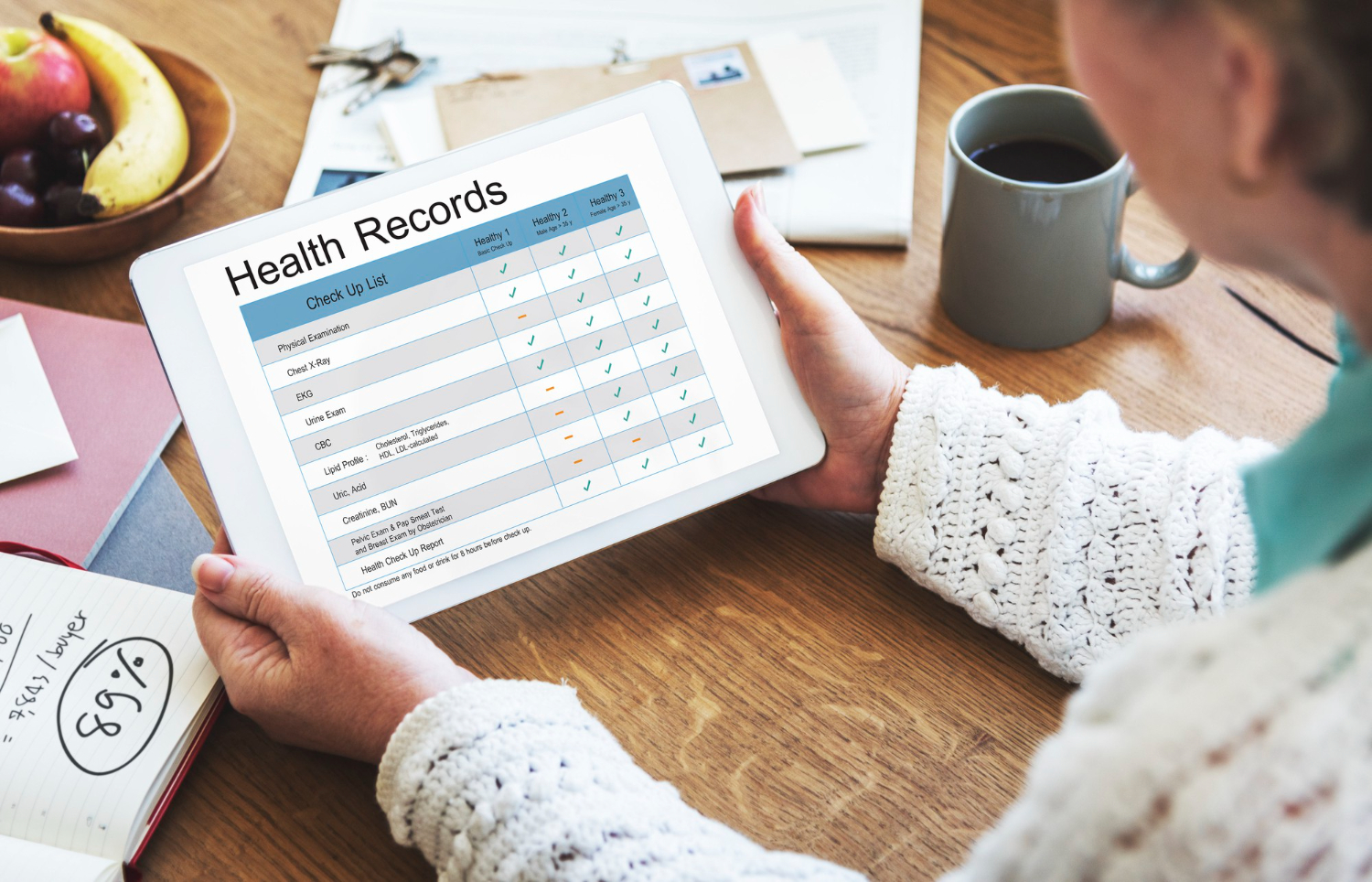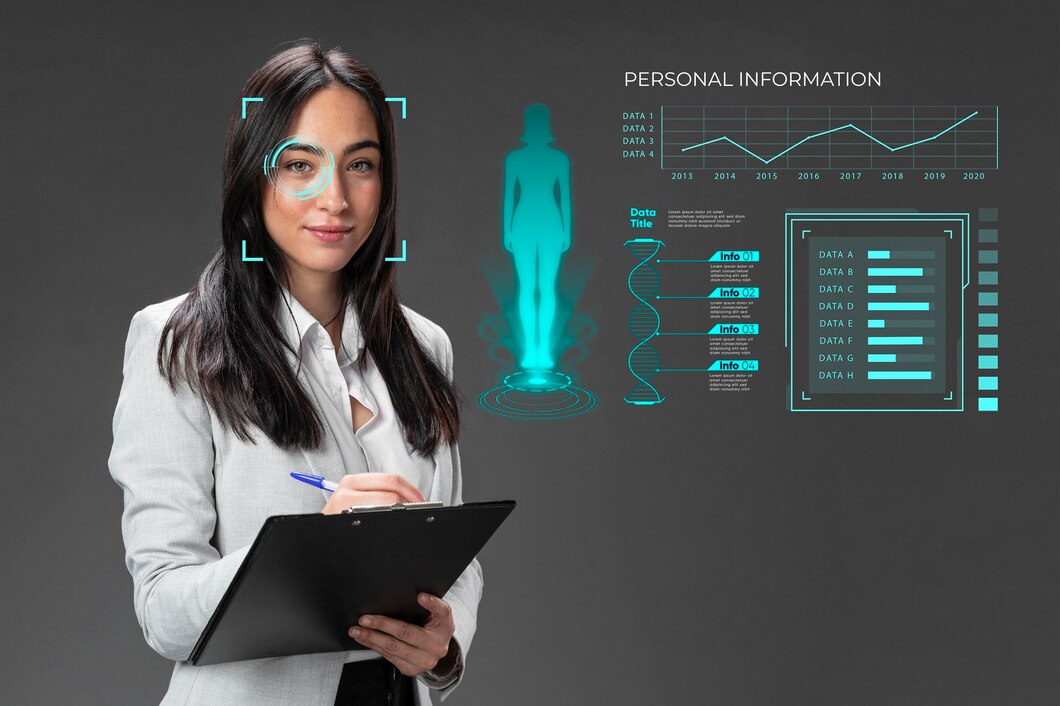Big Data in Healthcare: How It’s Improving Patient Outcomes
The healthcare landscape is rapidly evolving, with big data being one of the key catalysts for this change. Each day, hospitals, clinics and research institutions produce staggering volumes of information — from electronic health records (EHRs) to medical imaging to monitoring from wearable devices. However, the real value of such data is when it is

The healthcare landscape is rapidly evolving, with big data being one of the key catalysts for this change. Each day, hospitals, clinics and research institutions produce staggering volumes of information — from electronic health records (EHRs) to medical imaging to monitoring from wearable devices. However, the real value of such data is when it is properly analysed to optimise patient care.
The importance of big data in healthcare goes beyond just the data collection; it also lies in utilising that data to improve decision-making. From forecasting diseases before patients suffer an attack to tailoring individual treatment and making surgeries safer, data-led medicine makes a tangible difference in people’s lives. In this article, we will discuss how predictive healthcare is transforming the industry and what awaits us in the future.
Understanding Big Data in Healthcare
Big data refers to enormous volumes of health-related information that, when properly analysed, can uncover patterns, trends, and insights. This data comes from various sources, and combining these sources helps doctors and researchers make better decisions.
Where Does Big Data in Healthcare Come From?
- Electronic Health Records (EHRs): Digital patient records containing medical histories, prescriptions, and diagnoses.
- Medical Imaging: MRIs, CT scans, and X-rays generate vast amounts of visual data.
- Genomics & Precision Medicine: Analysing a patient’s DNA to provide personalised treatment options.
- Wearables & Smart Devices: Fitness trackers and smartwatches continuously monitor heart rates, sleep, and activity levels.
- Public Health Databases: Large-scale datasets tracking disease outbreaks and patient demographics.
How Big Data Is Transforming Patient Care

1. Predictive Healthcare: Spotting Problems Before They Start
Imagine a world where doctors can predict heart attacks before they happen or identify early signs of Alzheimer’s years in advance. That’s the power of predictive healthcare. By analysing patient history, genetics, and lifestyle choices, healthcare providers can take preventive action.
- Early Disease Detection: AI-driven analytics help spot conditions like cancer and diabetes earlier than ever before.
- Preventive Treatments: Hospitals use predictive models to identify high-risk patients and intervene sooner.
- Fewer Hospital Readmissions: Predictive healthcare helps ensure better recovery plans, reducing patients’ chances to return to the hospital.
2. Personalised Medicine: One-Size-Fits-All Doesn’t Work Anymore
Traditionally, medicine has been based on general guidelines. However, with big data, treatments can be tailored to an individual’s unique genetic makeup and health profile.
- Precision Medicine: Analysing genetic markers to prescribe the most effective treatments.
- Smarter Drug Prescriptions: AI analyses patient data to determine which medications work best.
- Better Chronic Disease Management: Personalised care plans for conditions like diabetes and hypertension.
3. Improving Medical Research & Clinical Trials
Developing new drugs and treatments can take years, but big data speeds up the process.
- Faster Drug Discovery: AI sorts through massive datasets to identify promising new compounds.
- Better Patient Matching for Trials: Finding the right participants for clinical trials based on genetic and health data.
- Real-World Effectiveness Tracking: Understanding how drugs perform outside controlled lab settings.
4. Real-Time Monitoring & Remote Healthcare
With wearable technology and remote monitoring, doctors don’t need to wait for patients to visit a clinic to assess their health.
- Remote Monitoring for Chronic Conditions: Patients with heart disease or diabetes can be tracked 24/7.
- AI-Powered Health Assistants: Chatbots and smart health apps offer real-time advice and reminders.
- Reduced Emergency Room Visits: Early warnings from wearables help prevent medical crises.
How AI and Machine Learning are Enhancing Healthcare Analytics

AI-Powered Diagnostics
AI is transforming diagnostics by helping doctors detect diseases faster and more accurately.
- Faster Radiology Reports: AI scans X-rays and MRIs to detect abnormalities, often faster than human radiologists.
- Oncology Breakthroughs: Machine learning predicts tumour growth and suggests targeted treatments.
Making Sense of Unstructured Medical Data
Much medical information is stored as free-text notes, making it hard to analyse. AI-powered Natural Language Processing (NLP) is changing that.
- Automated Clinical Documentation: AI summarises patient-doctor interactions, reducing paperwork.
- Voice Recognition in Healthcare: Doctors can dictate notes, which AI converts into structured records.
Challenges & Ethical Concerns in Healthcare Big Data
1. Keeping Patient Data Private and Secure
Data security is a significant concern, as so much sensitive health information is being stored digitally.
- Strict Regulations (GDPR & HIPAA): Healthcare providers must comply with strict data protection laws.
- Preventing Cyber Threats: Hospitals are prime cyberattack targets, making security investments crucial.
2. Making Different Systems Work Together
A big challenge in healthcare is that hospitals and clinics often use different systems that don’t communicate well with each other.
- Interoperability Solutions: Cloud-based platforms are helping connect different healthcare data sources.
- Standardising Medical Records: Efforts are underway to create universal formats for patient data.
3. Ethical Concerns with AI in Healthcare
While AI is improving healthcare, there are ethical concerns about its use.
- Bias in AI Algorithms: AI must be trained on diverse datasets to avoid biased healthcare decisions.
- Transparency in AI-Driven Diagnoses: Doctors and patients must understand how AI reaches its conclusions.
The Future of Big Data in Healthcare

Big data is already changing healthcare, but the future holds even more exciting possibilities.
What’s Coming Next?
- Blockchain for Medical Records: Ensuring secure and tamper-proof data sharing.
- 5G-Enabled Healthcare: Faster, real-time data sharing for telemedicine and remote monitoring.
- Augmented Reality in Surgery: Helping surgeons visualise critical data during operations.
Conclusion: A Data-Driven Future for Healthcare
Big data in healthcare isn’t just a trend — it’s a revolution to save lives and make medicine smart. Data-driven medicine is paving the way for a future where healthcare is streamlined, precise, and accessible through predictive healthcare, personalised treatments and improved research.
The challenges of data privacy, integration, and implementation should not be overlooked, but the advantages far exceed the obstacles. With healthcare professionals and researchers progressively using big data more effectively, the prospect of improving patient outcomes across the globe will become brighter.
The future of medicine isn’t just about doctors and hospitals; it’s about harnessing the power of data to make healthcare better for everyone.